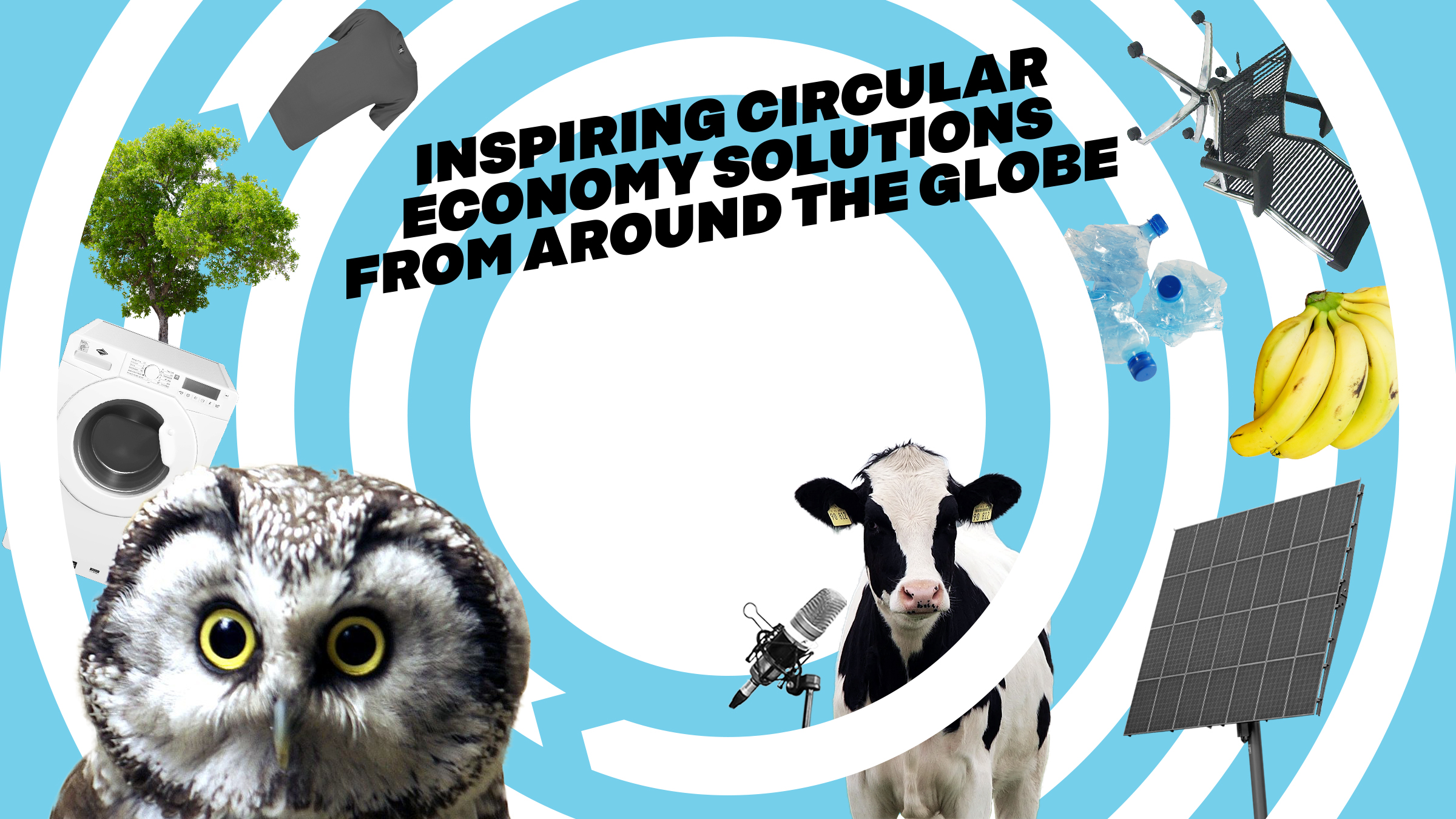Green Standards helps corporations resell, recycle or donate their furniture to local organisations in need, creating a positive environmental and social impact. In the process, Green Standards demonstrates to its partners the value that the circular economy can unlock.
Green Standards began as a service coordinated between nonprofits and corporations with surplus office furniture. The company quickly learned that to scale, they needed to expand beyond charities into the recycling and resale channels. Green Standards has evolved into a solution that includes corporate project management, multi-channel asset redistribution, non-profit engagement and story-telling, and industry-leading environmental reporting.
Problem
The Environmental Protection Agency estimates that 8.5 million tonnes of furniture and equipment are sent to landfills each year in the US alone. Corporations are paying up to 634 million euros annually in landfill tipping fees for office decommissions, while many nonprofit organisations across North America lack access to quality office furniture and equipment.
Solution
Green Standards manages the office furniture removal and redistribution process for companies with the goal of reselling, donating or recycling the assets so that they are saved from landfills. To ensure clients have the most redistribution options and cost-efficiencies possible, Green Standards has built a preferred network of resellers, strategic recyclers and over 17,000 nonprofit partners across North America. A fully transparent social and environmental impact report is provided to customers at the end of the process.
Green Standards is building a web of participating organisations that might not otherwise contribute to or benefit from the circular economy. Green Standards aims to change corporations’ mindsets to prioritise a circular impact from their office decommission projects rather than paying a fee to send the furniture to landfills. Partnerships through the furniture and waste recovery value chains are a critical part of this process, including with recycling facilities, hundreds of charities and furniture manufacturers who are under pressure to demonstrate the end-of-life impacts of their products.
Environmental impact
Green Standards has diverted over 70,000 tonnes of workplace furniture and equipment from landfills at a 98.6 per cent diversion rate, offsetting over 171,033 tonnes of CO2-equivalent emissions. Green Standards coordinates with charities, recyclers and furniture resellers to ensure that almost all of a company’s used office furniture finds a second life.
Social impact
The essence of Green Standards’ model is to extend the life of furniture by finding it a second home with social service organisations who would have otherwise invested programming dollars to purchase new furniture. By granting these 5,000 organisations the freedom to reallocate funding toward fair employment wages or serving community needs, Green Standards is contributing to building resilient communities.


Inspired?
Check out all solutions.